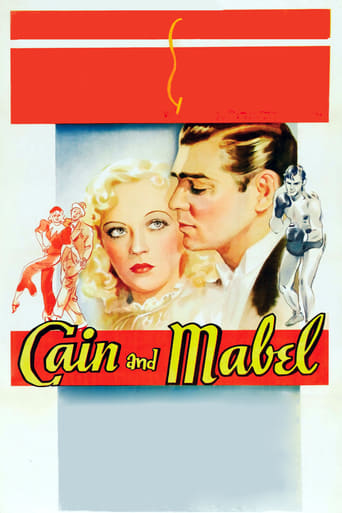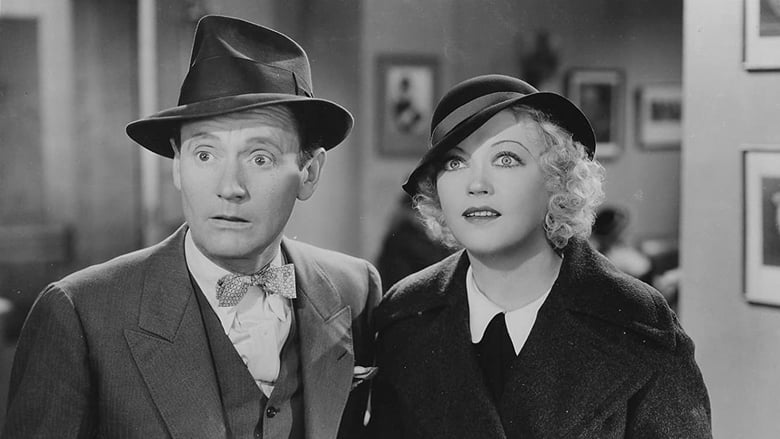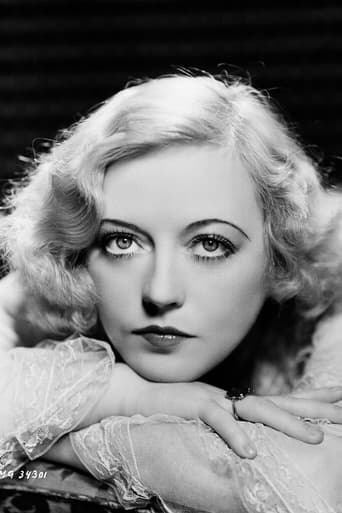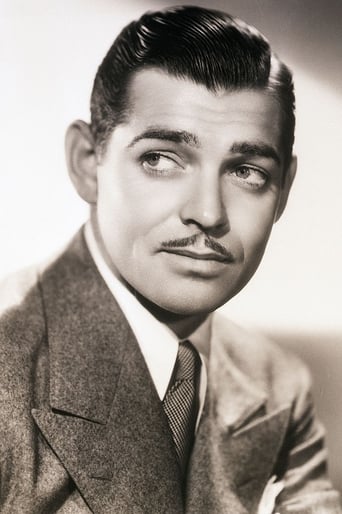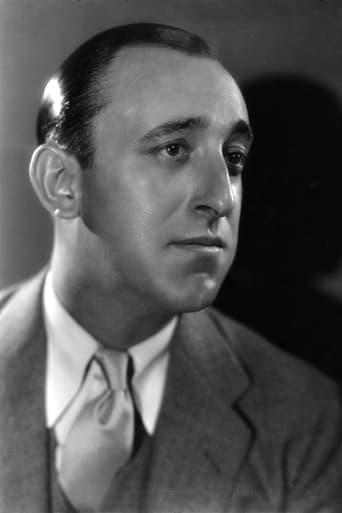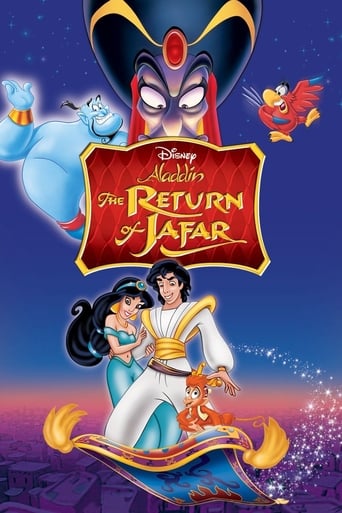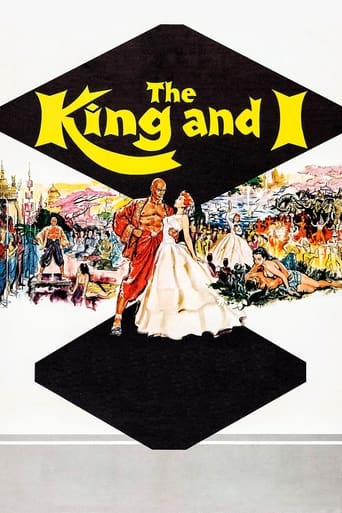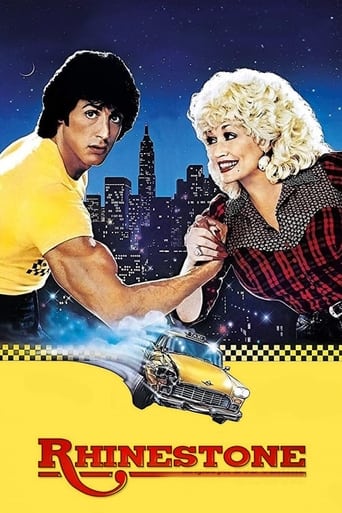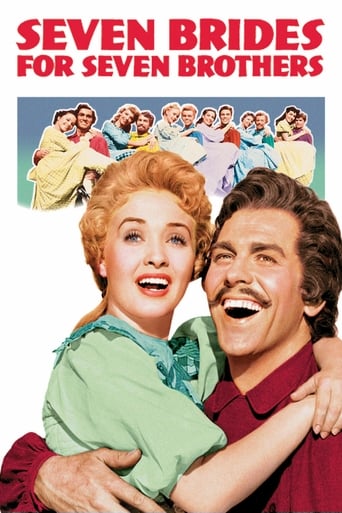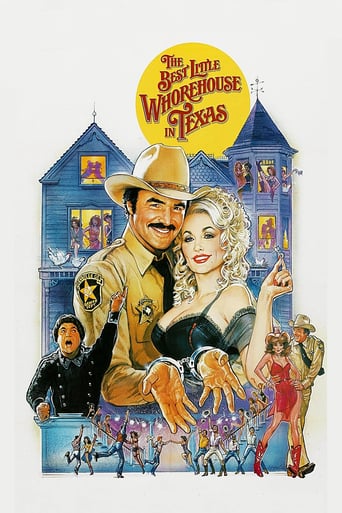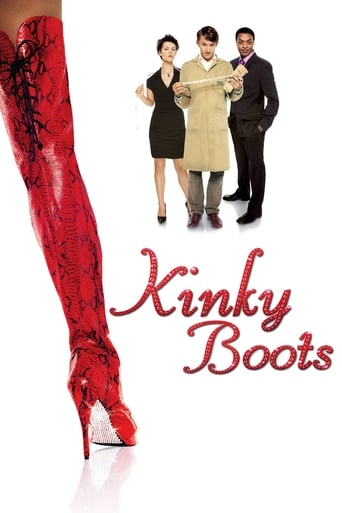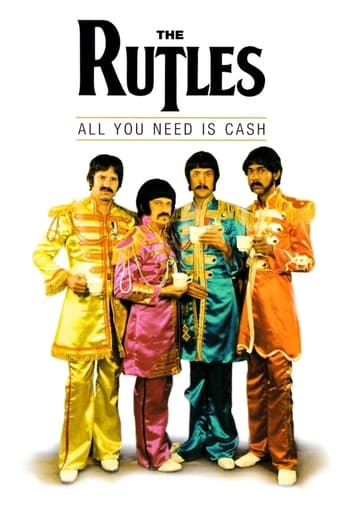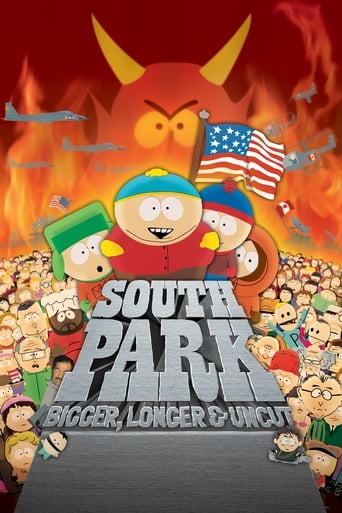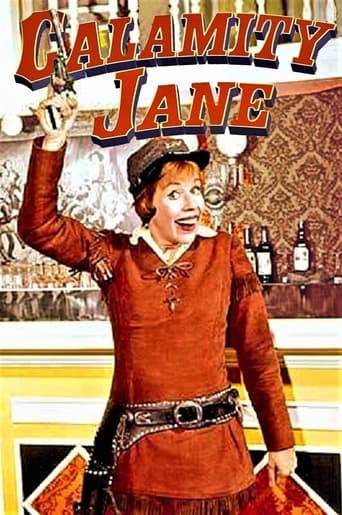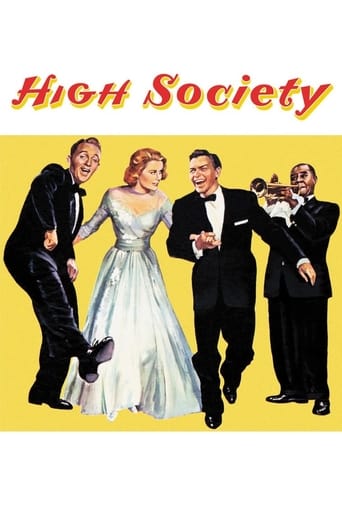Cain and Mabel (1936)
A chorus girl and a heavyweight boxer are paired romantically as a publicity stunt.
Watch Trailer
Cast


Similar titles
Reviews
Powerful
There is, somehow, an interesting story here, as well as some good acting. There are also some good scenes
The film may be flawed, but its message is not.
The story, direction, characters, and writing/dialogue is akin to taking a tranquilizer shot to the neck, but everything else was so well done.
Cain and Mabel (1936)Clark Gable is great in most of his movies and this is almost no exception—and I couldn't wait for him to appear. The corny style and silly humor that gets the film going is so dated and painful I almost gave up. But I stuck to it, and I tried to get used to Marion Davies. In short, this is an "old-fashioned" kind of musical compared to the "new" style propelled by Astaire and Rogers at the same time.The plot is great in the outline: a woman loses her waitressing job and a boxer is trying to get the attention of the world. They meet, and the sparks don't fly. But the pressures around them keep trying to get the two to ignite. Davies is "promoted" by a PR hack played by character actor Roscoe Karns, who is somewhere between funny and annoying. His exaggerated humor leaves nothing to the imagination, nowhere for the viewer to escape if it doesn't click. Gable's PR handlers are more generic, but equally formulaic. What makes things sometimes work is the interaction between the leads. While not billed as a screwball comedy, the elements are lined up here, especially the two leads at unbelievable odds and yet, somehow, you know they'll hook up. And there is the two- pronged plot element of wanting these two nice enough people to succeed—Davies as a dancer and Gable as a fighter.The premise is that the careers of both will soar if they fall in love in the public eye. Well, they do, and then what?Frankly, the singing styles and even the basic choreography is so simple and based in 1920s musicals (which I can't tolerate) and on Busby Berkely films from earlier in the decade, this movie was no fun to watch. If you like other musicals as much as I do (I'll watch Astaire and Rogers any day of the week), you might still have trouble with the acting styles, and the pushy jokes. Further, the basic premise of the two falling in love is stretched beyond the limit. The chemistry is just missing.The man behind all these style decisions is the director, Lloyd Bacon, whose movies (in my experience) tend toward caricature and a handling of stories that seems almost like it's taken from teen novels. ("Oklahoma Kid" is the poster child for this.) He was often surrounded by great talent, and of course he has Gable here, as well as the great cinematographer, George Barnes.So be warned. The high rating is a complete mystery. It's not that kind of classic.
This movie is hilarious. It is also an excellent musical. Thus, the movie gives you laughs and song; can't go wrong with that combination. There is chemistry between Clark Gable and Marion Davies, who play the title characters. Gable's comedic ability is once again evident. He was a great comic actor. As for Marion Davies, no could have done her role better. The story is amusing; Roscoe Karns again shows that when he came to comic roles, he was among the best. The story itself is amusing and endearing. Every character is likable. The movie depicts working class people in a positive, upbeat way. The entire supporting cast is excellent, especially Allen Jenkins. As entertainment, this movie delivers. The movie gives you laughs, music, a wonderful plot, and characters to whom the audience can relate. If that isn't enough, then maybe watching movies isn't for you.
When Marian Davies is fired from her restaurant, she suddenly rises to the position of a scandal free Broadway diva who only has to look lovely while surrounded by the loveliest of sets and costumes. She is busy practicing her tap routine which is keeping fighter Clark Gable from getting rest before the big fight. Gable goes to confront Davies, gets the gate, and ultimately ends up in a fake publicity stunt to boost both of their careers since there is nothing juicy in the press about them. Their initial hatred gets more and more notice in the papers, boosting their box office appeal. Gable and Davies find out they can't live without each other and decide to give up their careers which makes their managers furious and desperate to prevent this from going through.While the comedy battles between Gable and Davies are somewhat amusing, they aren't strong enough to hold this film together. Neither are two over-sized production numbers, "Coney Island" and "I'll Sing You a Thousand Love Songs", put together by Warner Brothers' other dance director, Bobby Connelly. The second number has various love songs from over the years interpolated into the elaphantine number, including the recent "Shadow Waltz", first heard in "Gold Diggers of 1933". Such a set could never appear on any Broadway stage, typical of movie views of musical comedy in the 1930's. "Coney Island" is more camp than spectacle, with its wax museum figures speaking out some witty lines, including Napoleon, Salome, and even the Smith Brothers (of cough drop fame).Warner Brothers perennials Allen Jenkins, Ruth Donnelly and Alan Dinehart liven it up somewhat. Davies and Gable do have a nice chemistry, but as a blonde comedian, Davies was no Carole Lombard. The film seems to be more of a William Randolph Hearst fantasy of his mistress than a serious attempt to make a great movie.
Since Clark Gable became famous for punching women in films (notably Barbara Stanwyck in Night Nurse), it is worthy to note that Marion Davies gives HIM the black eye! Cain and Mabel has a cute premise: a boxer and an actress get together for the sake of publicity but secretly despise each other! Unfortunately there isn't much spark here. Davies is serviceable in the reluctant golddigger role with platinum hair and impossibly blue eyes that seem to have no iris at all, but she doesn't seem particularly committed. Gable also phones it in as a one-note brute -- almost a parody of his many other roles. The subplot that they'd both rather stay home and eat pork chops than act out their romance for the audiences, seems a little too real. This is one of those films that pairs up two huge stars in a mediocre script, hoping sparks will fly with arguments and overturned ice buckets, but mostly it fizzles.The one stunning exception comes in the third reel when Davies performs in the finale of her Broadway show. It is a jaw-dropping tableau of romantic imagery in huge puffy sleeves and fluffy white feathers. From Louis XVI wigs, to Venice canals, to flying angels, to a choir arranged to look like a pipe organ. Curving staircases, ornate bridges, miles of drapery, and a princess double-cone hat with cascading tulle..., and it just keeps coming. Thematically it steals -- I mean, pays homage to half-a-dozen depression era musicals like "Shall We Dance", and even borrows the violin song from "Gold Diggers of 1933". At the center of it all Davies struggles to keep a relaxed smile, like a bride statuette on a wedding cake so ornately decorated with white icing there is no room left for the groom!Without this scene I would have only given the movie a 4, but this sequence is EVERYTHING YOU WATCH SILVER-AGE MUSICALS FOR! I have to bump it up to an 8 as a "must see" in musical history.

